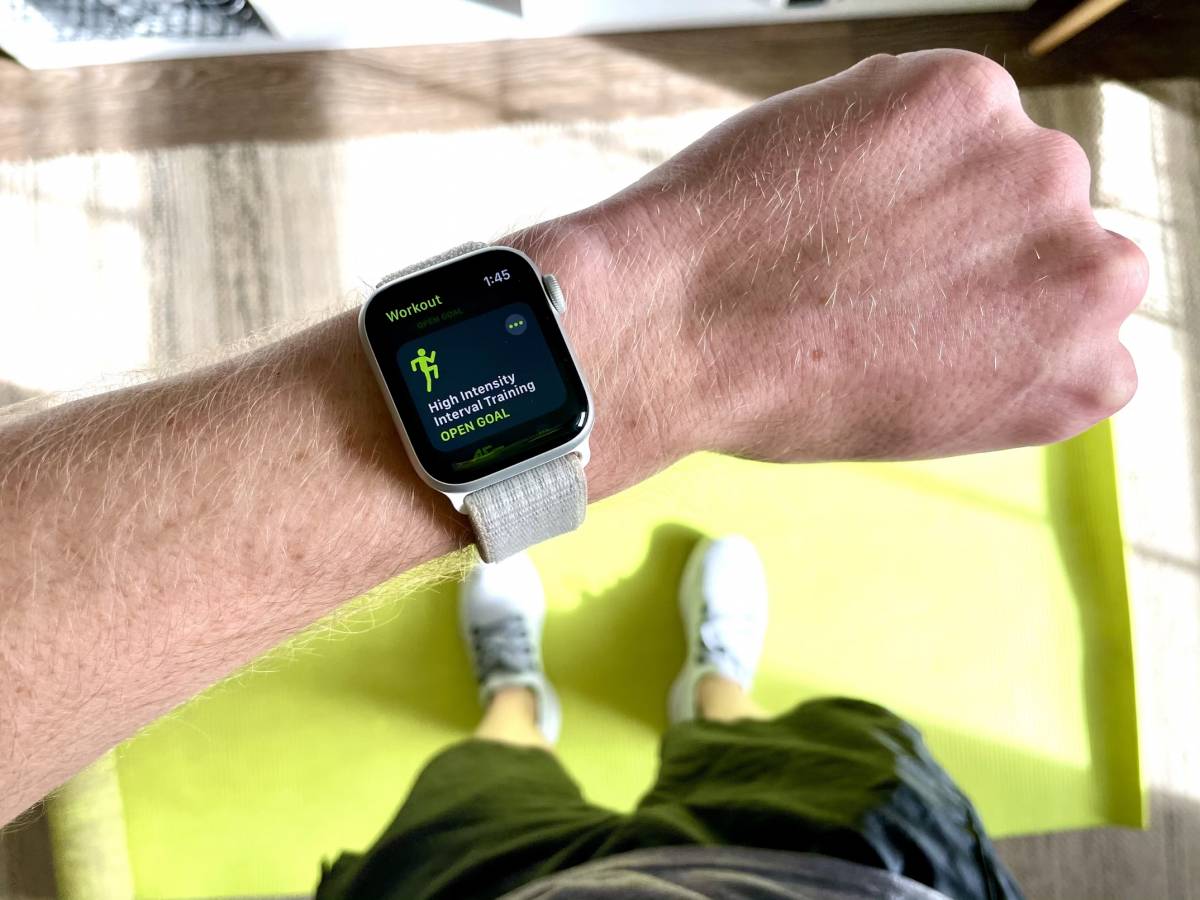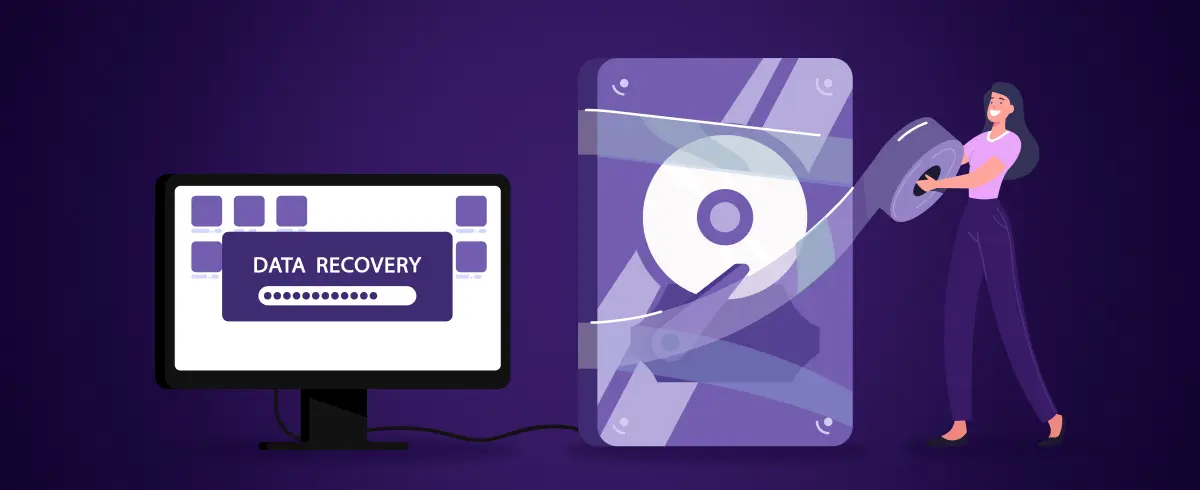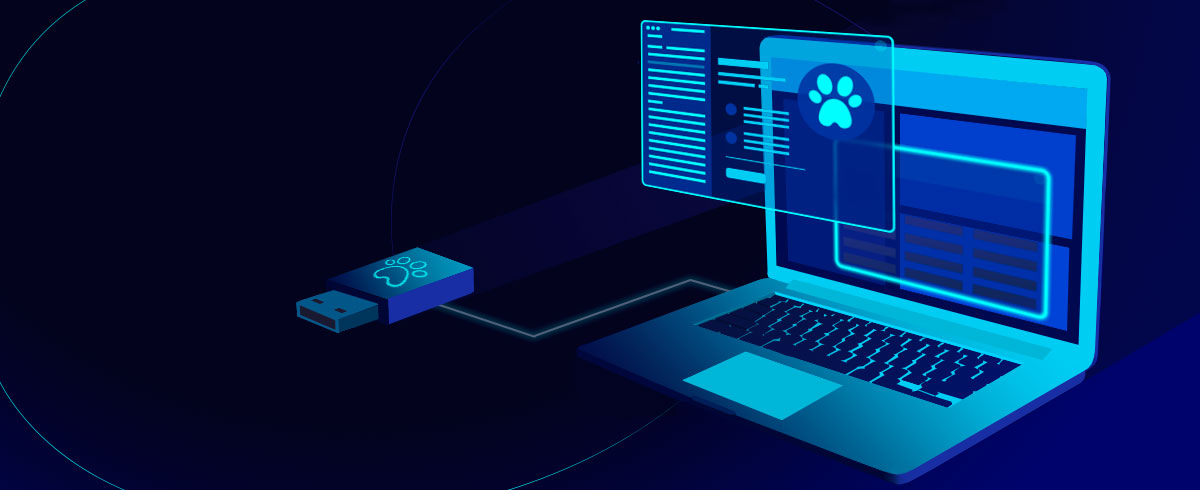
27 January 2025
Wearable Tech Tips to Fully Track Your Wellness Journey in College
College life brims with excitement, challenge, and opportunity, but it can also create a perfect storm of stress and distraction. Between rigorous academic demands, extracurricular responsibilities, and personal obligations, students often struggle to maintain consistent wellness habits. Enter wearable technology, a helpful companion for anyone trying to track and optimize health metrics. These devices go beyond simple step counting; they monitor crucial indicators like sleep quality, heart rate, and stress levels. So, here are the tips for harnessing the tech power to better your life.
The Importance of Balance
Maintaining health in college requires balance, especially when coursework intensifies. Sometimes, employing an online essay writing service to handle time-consuming assignments can help relieve academic pressure, giving you a chance to refocus on wellness. Wearable devices serve as excellent motivators for such self-care, reminding you to move, drink water, and stay mindful of your posture. By syncing your wearable with habit-tracking apps, you can receive gentle nudges throughout the day, ensuring that healthy choices remain front and center. Meanwhile, carving out short study breaks becomes simpler when your watch gently prompts you to stand or take a quick walk. This proactive approach can be the key to sustaining both academic success and personal well-being in a demanding environment.
Self-Care Is Your Path
Beyond time management, academic research can become overwhelming, especially for those tackling complex projects. That’s where research paper writing service might lend a hand, providing tailored support for students juggling multiple commitments. In tandem with these academic resources, wearable technology can further enhance your mental and physical health. For instance, many devices now track heart rate variability, a useful indicator of stress. If your wearable flags consistently elevated stress levels, it may be time to revisit your schedule or integrate restorative habits, like yoga or short meditation breaks. Using data in this way helps you respond proactively, preventing burnout before it derails your goals. The ability to course-correct in real-time can make an enormous difference in your college experience.
Your Routine Starts With Wearables
The first step to leveraging wearable tech for your wellness journey is to incorporate it seamlessly into your day-to-day life. Consistency is key when tracking any health metric. If you only wear your smartwatch occasionally, you won’t get meaningful trends or insights. Aim to wear your device daily so that it can capture your normal patterns of activity, sleep, and rest.
- Start Your Day Right: Make putting on your fitness tracker part of your morning routine. Whether it’s picking up your phone or brushing your teeth, add your wearable to the ritual.
- Stay Charged: Keep your devices charged by forming a habit of charging them at convenient moments, like when you’re sitting at your desk or before bedtime.
- Coordinate with Your Schedule: Some wearables can automatically detect workouts. If you have an early morning gym routine, check your device’s workout modes to ensure it’s recording your exercise properly.
Concentrate on Rest and Sleep Tracking
Many college students underestimate the importance of sleep, often trying to power through late-night study sessions and early-morning lectures. Over time, this sleep debt accumulates, leaving you fatigued, stressed, and less able to concentrate. Wearable tech can help you understand how much sleep you’re actually getting, as well as the quality of that rest.
- Analyze Your Sleep Stages: Modern trackers break down your time spent in light, deep, and REM sleep. Knowing these details can help you adjust your bedtime routine to maximize restorative deep sleep.
- Identify Patterns: Your sleep device might reveal that you fall asleep faster when you avoid screens for at least 30 minutes before bedtime. Alternatively, it might show you that late-day caffeine really does keep you up longer than you realized.
- Set Goals and Reminders: Many wearables let you set a target bedtime and provide a gentle buzz to remind you it’s time to wind down. This is especially helpful if you tend to get lost in late-night studying.
Over time, you can use the data your wearable provides to create a sleep schedule that meets your needs. Prioritizing rest can lead to better concentration, improved academic performance, and a more balanced mood throughout the day.
Monitor Your Heart Rate and Stress Levels
Stress is an all-too-common experience in college, with numerous obligations and uncertainties looming around every corner. While mild stress can sharpen focus, chronic or overwhelming stress has detrimental effects on both mental and physical health. Wearable technology can serve as a valuable warning system.
- Resting Heart Rate: A consistently elevated resting heart rate (RHR) can indicate stress, fatigue, or even the onset of illness. By tracking your RHR over time, you can notice when something’s off.
- Heart Rate Variability (HRV): This measurement assesses the variation in time between heartbeats. A low HRV can be a signal of stress or overtraining from exercise. If you spot a downward trend, it might be time to incorporate relaxation techniques or adjust your workout intensity.
- Mindfulness Alerts: Many smartwatches include guided breathing sessions or mindfulness reminders. These prompts can be a lifesaver in moments of high stress—take a minute to pause, breathe deeply, and center yourself.
Learning how your heart responds to various stressors can be eye-opening. It offers concrete data to back up what you might be feeling emotionally, motivating you to employ strategies—like meditation, more frequent breaks, or lighter exercise—to keep stress levels in check.
Embrace the Future of Well-Being
Wearable technology offers an unprecedented window into our health, giving college students the power to manage their wellness more efficiently than ever before. Yet, it’s essential to remember that while data can guide us, real success in a wellness journey comes from consistent effort and genuine self-care. Technology is a tool—one that can motivate, inform, and enhance our routines—but it’s up to each individual to act on those insights. As you navigate your college years, consider these tips and integrate wearable tech thoughtfully, ensuring it complements your academic ambitions and personal growth. By doing so, you’ll set the stage for a healthier, more balanced life both now and in the future.
Digital Content Specialist
Nick deCourville is a Digital Content Specialist dedicated to the Apple ecosystem. He believes that fixing something can be just as straightforward as breaking it, which fuels his exploration of iPhone and iOS settings. As the owner of an iPhone 15 Pro, Apple Watch SE, and MacBook Pro, Nick is constantly honing his expertise in Apple’s products. With a Master’s degree in English Literature and Composition from The University of Akron, he has a strong foundation in writing and communication.

































